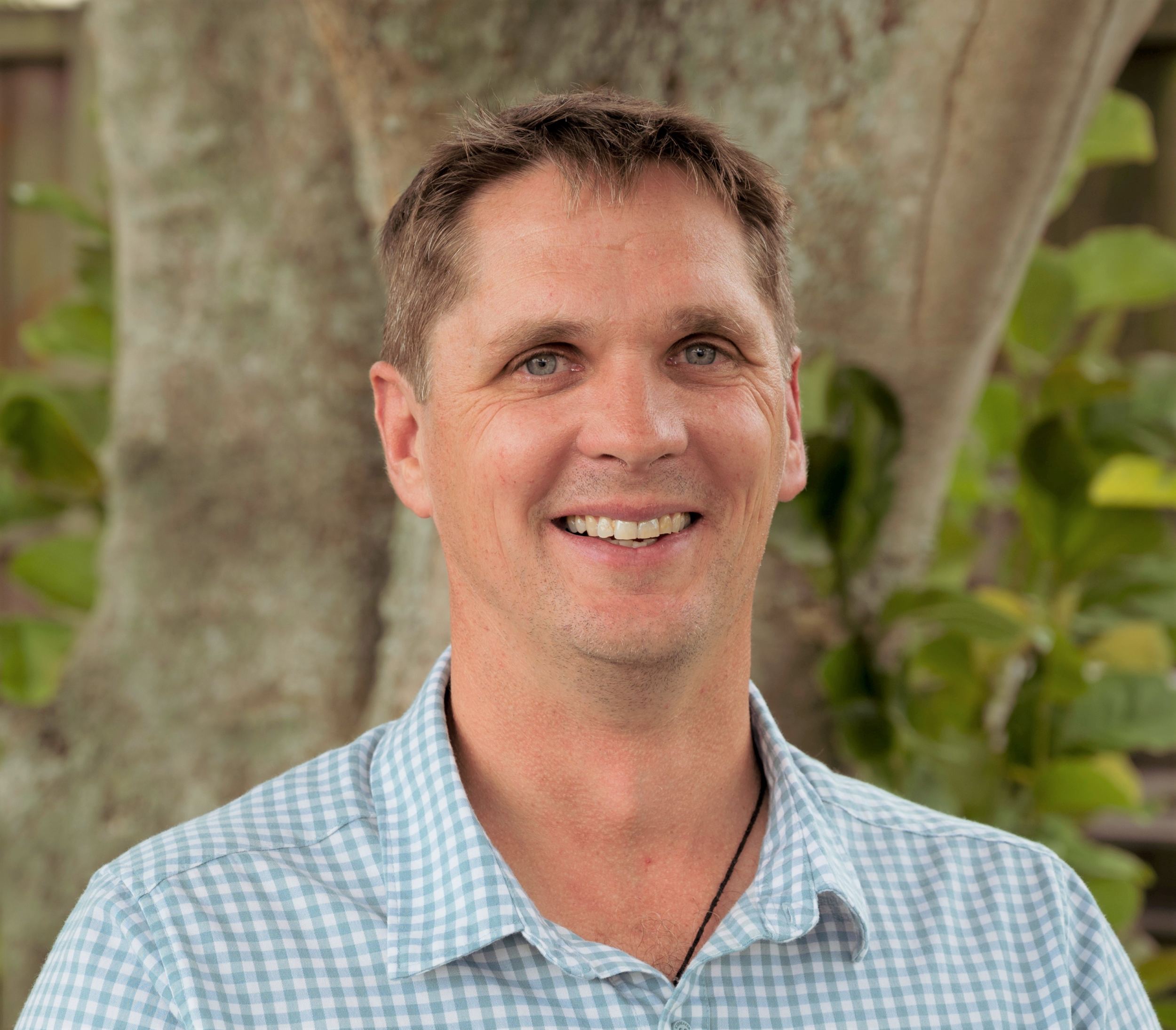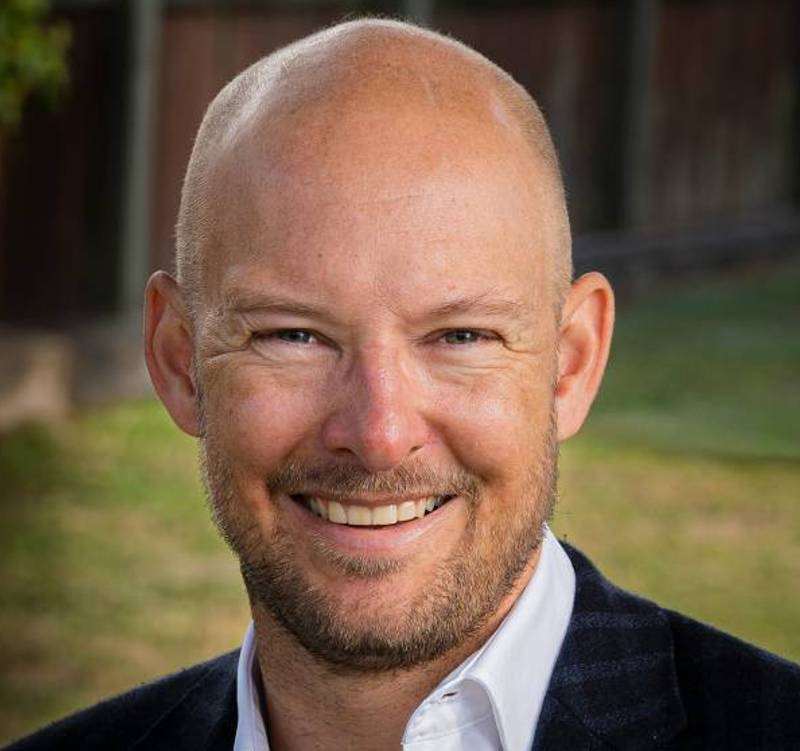
06 Dec Plan next season’s recruitment now to avoid unnecessary headaches
Dairy farmers taking on new sharemilkers or contract milkers next season should be planning recruitment now, as the industry continues to face staff shortages with competition high among employers.
Perrin Ag senior consultant Mark Williams says in his experience many dairy farmers don’t plan their recruitment well and end up rushing the process. That can spell trouble down the track.
“If you know you will be recruiting for the 2022/23 season, you should be spending time now getting your ducks in a row and planning before Christmas. Then you can hit the ground running with advertising early in the New Year.
“Give yourself the best chance of catching the highest caliber candidates, who will already be making plans. If you leave it too late, you’ll hurriedly place an ad and find yourself interviewing people with scraps of paper and then wonder why it doesn’t work out.”
Mark encourages farm owners to do their homework before they even put together a job ad or choose where to advertise.
How do you farm & why?
Consider your farm system and farming goals. Then develop a sharemilking or contract milking agreement that will help achieve those goals. This will tell you a lot about the type of person you’re looking for.
“Most job ads provide detail about physical things like farm size, cow numbers and shed set-up,” says Mark. “But often they can be vague or there is not enough information about the type of operation being run and the farm owner’s values. Make it clear what you do and why do you do it.
“When your new person starts, they’ll know there’s no point asking for PKE, maize or 190 units of nitrogen because it doesn’t fit with your farming system or philosophy.”
While it’s important to stand out from the rest, don’t overpromise. Mark has seen many ads that talk up the job to the extent where it’s almost too good to be true.
“There is no farm that is as good as some of the ads I’ve read,” he says. “This can lead to a misalignment in expectations between employers and employees.”
Know your numbers
Mark also stresses the importance of budgets.
“Doing full budgets might mean you end up recruiting for a contract milker instead of a sharemilker because the numbers don’t stack up.
“The opportunity you are offering needs to be profitable for both parties, especially with rising farm costs.”
Tailor your agreement
Employment contracts should be tailored to your specific operation and have an annual business plan, farm policy and review process built in as an appendix.
“It‘s too easy to copy and paste standard industry agreements,” says Mark. “They are great as a starting point, but they don’t cover the nuances of specific operations. Often people fill in the bare minimum by ticking the boxes because they hate the process. But then issues arise because you’ve got no farm policies, nothing is written down, it’s too vague or simply says ‘as required’ next to areas such as imported supplements.
“That’s when conflict arises because the sharemilker feels like the owner is dictating to them. Too many times, the farm policy is communicated verbally as the season progresses. You don’t want to get to the 30th September and then have a conversation about how mating is going to work.”
Once you’ve done your homework, Mark suggests FarmSource and SEEK as the best places to advertise. And don’t forget to tap into your personal and rural professional networks for recommendations.
Plan your interview process
Having a plan for tackling the interview process will help you assess each candidate in a consistent way so you can compare apples with apples.
“Conducting phone interviews with your shortlist can help you identify 3-4 you think are worthy of an interview in person. Have consistent questions for each one and a scorecard for marking them,” says Mark.
Give candidates had a copy of any contract or appendices well before the interview to help them get a clear picture of the job being offered, remove any ambiguity and help them make an informed decision.
“Don’t be scared to bombard them with paperwork. If I was a contact milker going for an interview, it would be a positive sign that the farm owner is a good operator.
“Then the interview is about seeing how well they’ve digested that information and getting their thoughts on how they will farm within those policies and within that budget.”
Check references thoroughly
Once you’ve chosen your preferred candidate, checking references is essential. Make sure they have provided at least one recent employer in their reference list.
“If they can’t do that, or if you suspect their references are friends or colleagues from previous jobs, alarm bells should ring.”
The people you have looking after your farm will make or break your business. Finding a sharemilker or contract milker that’s the right fit is a challenging and competitive business. While getting your recruitment process right takes time and effort, it is an investment that will pay dividends.


